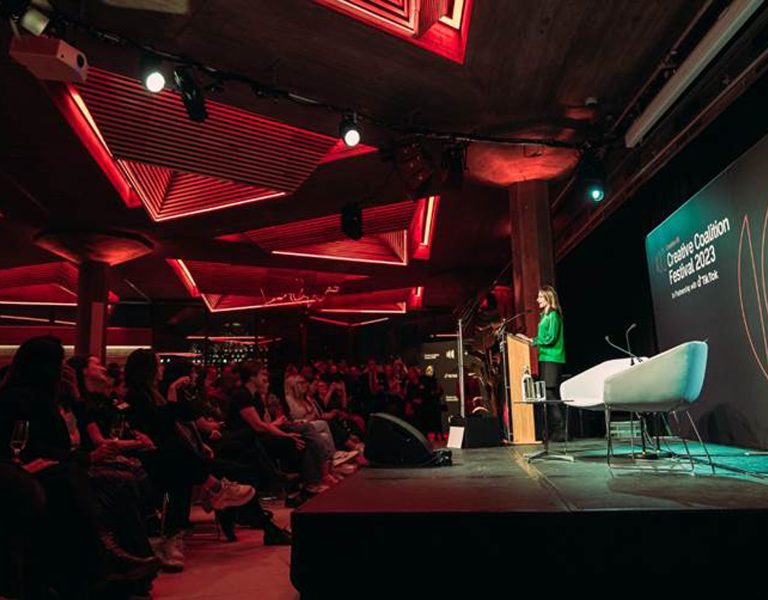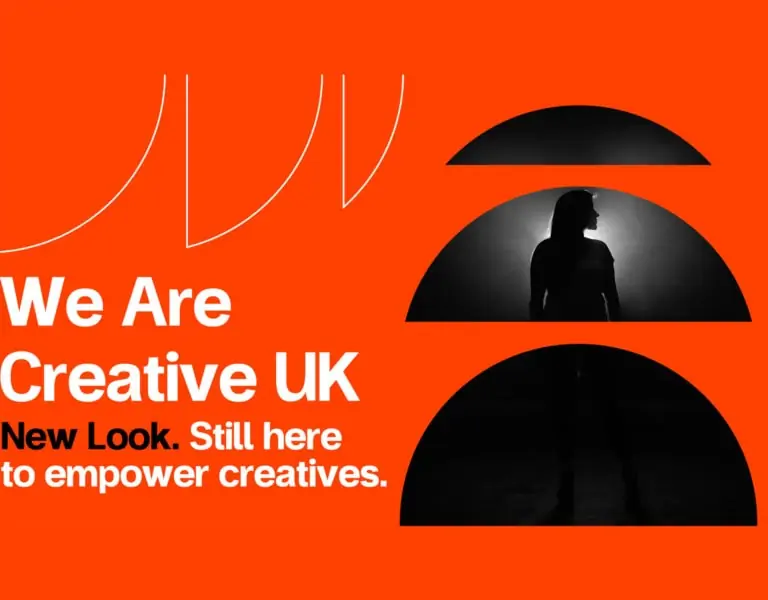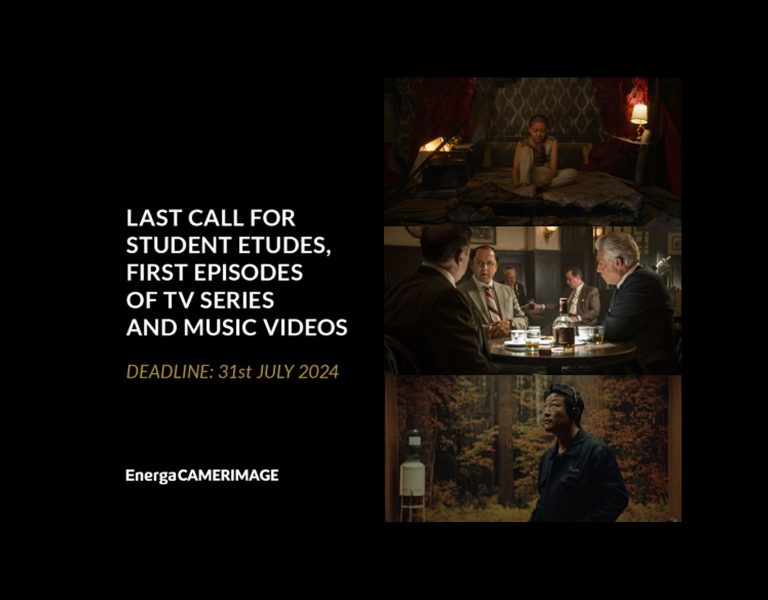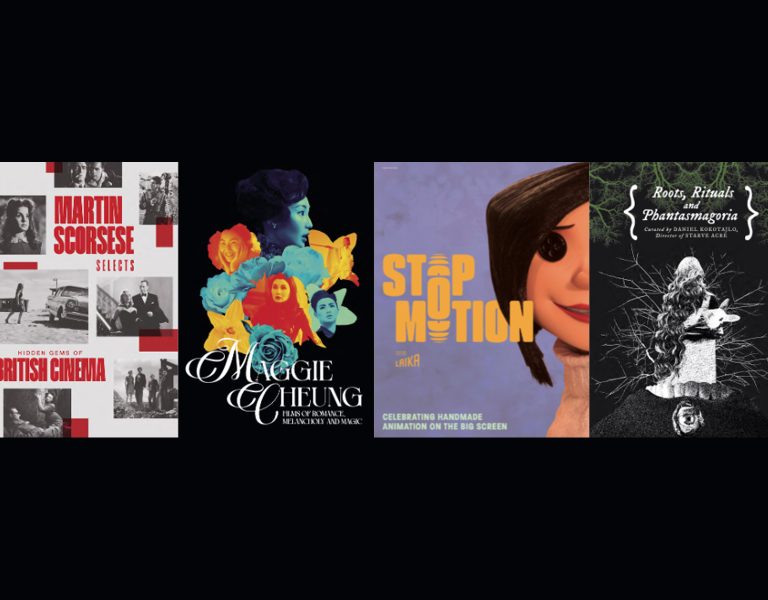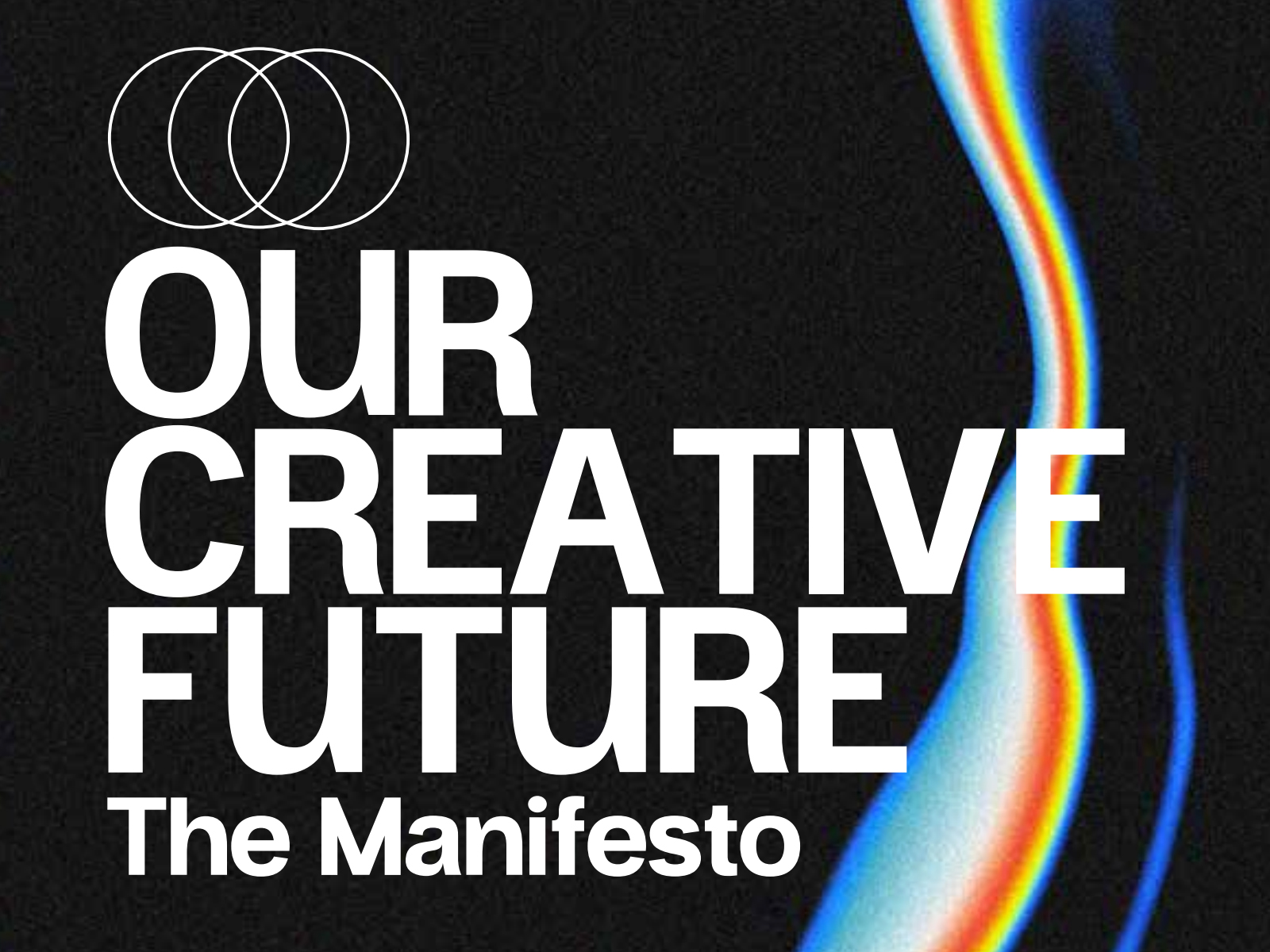
Creative UK’s Chief Executive, Caroline Norbury OBE, has commented on the news that the UK General Election will take place on 4 July 2024.
Speaking as the announcement was made, she said: “Last month, Creative UK published a manifesto calling for ‘radical new action’ to unlock the growth potential of the Cultural and Creative Industries. Now that we have a date for a UK General Election, we hope that all political parties running for seats in Westminster, will set out their own clear plans for how they might capitalise on the ability of this superpower sector to stimulate national economic and social prosperity.
“The Cultural and Creative Industries drive growth for the economy, while creating jobs and meaningful work at an extraordinary pace. Creativity supports health and wellbeing in our society. And the workforce of tomorrow will grow from the creative skills we nurture today – across sectors as diverse as film, TV, advertising, fashion, craft, video games, museums, heritage, visual arts, advertising, createch, live performance and many others.
“For these reasons and more, it’s vital that our next UK Government puts the creative economy at the centre of its policy making. Creative UK will continue to shine a spotlight on the solutions for growth and prosperity that exist within our innovative sector, and we invite all policy makers to engage with us ahead of July 4th.”
Manifesto for change
Earlier this month, Creative UK launched its manifesto – outlining six priorities for any future UK Government. It calls for ‘radical new action’ to respond to key issues facing the sector, such as removing barriers to access and introducing new funding models.
Organisations including Royal College of Art, Edinburgh Festival Fringe, BECTU, Royal Shakespeare Company, The Advertising Association, The National Theatre, Ubisoft and BPI, as well as Sir Ian Livingstone are featured in the manifesto, which sets out a vision for the future of creative education and skills; freelancing; funding and investment models; IP protection and protections for UK creatives in future trade deals.
Other issues facing the sector identified include the requirement for more investment in creative R&D; a revised approach to trade and exports, which is rooted in the easy movement of people, goods and services, the decline in access to creative education, and the debate around Intellectual Property (IP) in the age of Artificial Intelligence (AI).
Recommendations are made across all these areas, alongside an outline of how any future UK Government can support more sustainable freelance careers. With 28% of the workforce of the Cultural and Creative Industries freelance, Creative UK calls for the appointment of a Freelance Commissioner, to act as a voice for freelancers within government – in particular to champion accessible pensions and late payments reform.
The manifesto calls for a Cultural Touring Agreement with the EU giving reciprocal freedom of movement for all creatives who require short-term travel within the EU. The manifesto also explores how the sector can provide solutions to some of the UK’s biggest challenges, including low economic growth and stagnating employment.

